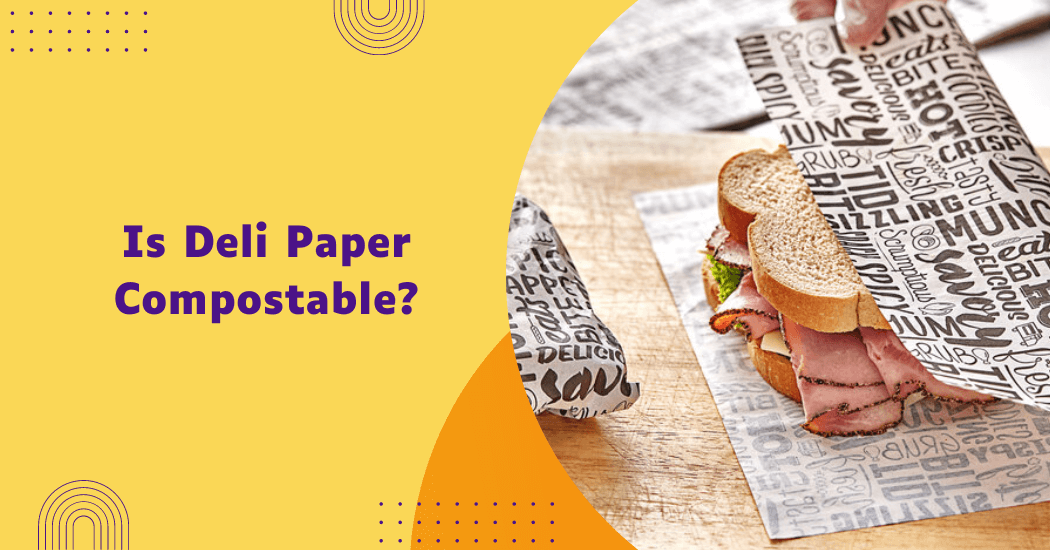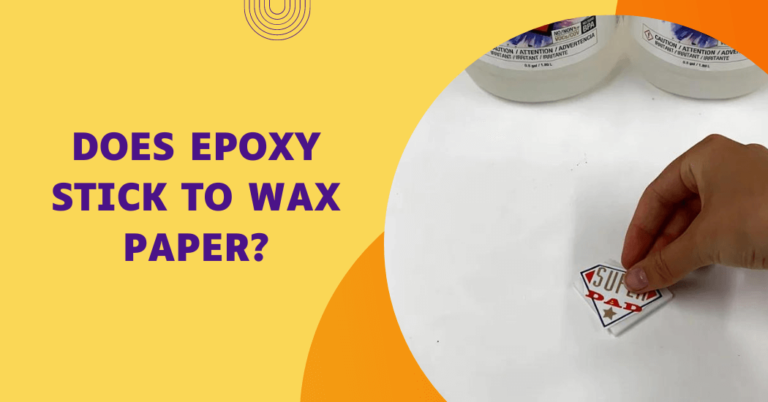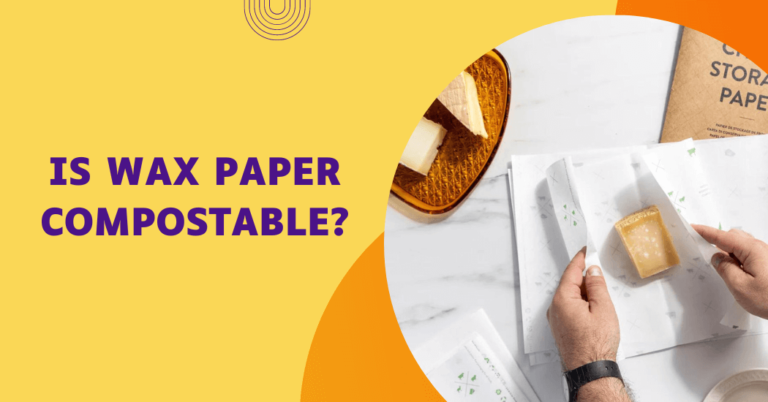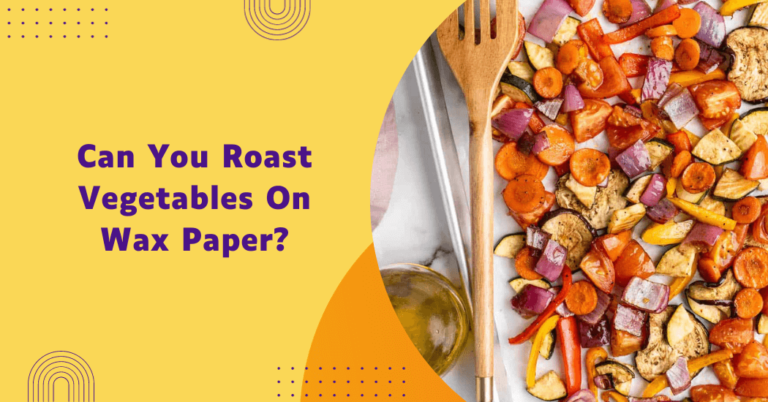Is deli paper compostable?
In the pursuit of sustainable living and environmentally conscious practices, the question of whether deli paper is compostable has become increasingly relevant.
Deli paper, commonly used for wrapping food items in delis butcher shops and restaurants, plays a significant role in packaging and food service. As individuals and businesses strive to minimize their ecological footprint, understanding the compostability of deli paper is crucial.
In this blog post, we’ll delve into the composition of deli paper, its potential impact on composting systems and the broader implications for environmentally friendly packaging choices.
Is deli paper compostable?
Yes, deli paper is compostable. Deli paper is typically made from bleached or unbleached kraft paper, which is a type of thick and strong paper derived from wood pulp. This means that deli paper can be broken down by microorganisms in composting systems under the right conditions.
However, not all deli papers are created equal; some may contain additional coatings or additives that could slow down the composting process or leave behind harmful residues.
So, while deli paper can be compostable in theory, it is essential to consider its specific composition and any potential additives before assuming it will break down completely in a compost system.
Factors influencing composability of deli paper
Several factors can influence the composability of deli paper, including:
- Chemical treatment: If the deli paper is bleached, the type of bleaching agent used can impact compostability. Elemental chlorine-free (ECF) or chlorine-free (TCF) processes are generally more environmentally friendly.
- Coatings and Additives: Some deli papers may have coatings or additives to enhance their performance (e.g., for grease resistance). These coatings may affect compostability and water-based or biodegradable coatings are preferable.
- Thickness and texture: Thicker deli paper may take longer to break down in a compost system compared to thinner paper.
- Moisture levels: Deli paper with excessive moisture may lead to a slimy and unpleasant composting environment, while dry paper may not break down at all.
- Oxygen supply: Deli paper that is tightly packed in a compost system could prevent oxygen from reaching the microorganisms responsible for breaking it down.
- Temperature: Composting typically occurs faster at higher temperatures, so colder climates may slow down the process.
By considering these factors, manufacturers and consumers can make choices that support the compostability of deli paper and contribute to more sustainable waste management practices.
How to compost deli paper?
- Start with a composting system: There are various composting systems available, such as outdoor compost bins, indoor worm composting or industrial-scale systems.
- Collect deli paper separately: Collect deli paper in a separate container to avoid contamination from non-compostable materials.
- Shred or tear the deli paper into smaller pieces: This will help speed up the composting process by increasing surface area and making it easier for microorganisms to break down.
- Build a balanced compost pile: Layer your deli paper with other organic materials like food scraps, yard waste and soil. Keep in mind the optimal carbon-to-nitrogen ratio of 25:1 for efficient composting.
- Maintain moisture levels: Keep your compost pile moist but not waterlogged, as excessive moisture can create an anaerobic environment.
- Turn the compost regularly: This will help aerate the pile and distribute oxygen for efficient decomposition.
- Monitor temperature: Use a thermometer to track the temperature of your compost pile; it should ideally be between 110-160°F for optimal composting.
- Wait for the deli paper to break down: Depending on the conditions and specific composition of your deli paper, it could take anywhere from a few weeks to several months for it to fully decompose.
Challenges when composting deli paper
Composting deli paper can be a sustainable practice but there are certain challenges and concerns associated with it.
Here are some challenges and concerns when composting deli paper:
- Coating materials: Many deli papers are coated with a thin layer of plastic or wax to make them resistant to grease and liquids. This coating can hinder the composting process as it may not break down as easily as the paper component.
- Contamination: Deli paper may come into contact with food residues, oils or other contaminants, which can affect the quality of the compost. Composting is most effective when the material is clean and free from non-organic substances.
- Chemical additives: Some deli papers may contain chemical additives, such as bleaching agents or preservatives, that could be harmful to microorganisms in a compost system.
- Limited infrastructure: Depending on where you live, there may not be adequate facilities or systems in place to collect and process compostable materials like deli paper. This can limit the ability to efficiently compost these materials.
- Commercial composting facilities: Not all commercial composting facilities may accept deli paper, especially if it has a plastic coating. Some facilities may have restrictions on materials that do not break down easily or that can contaminate the compost.
- Home composting challenges: If you are composting deli paper at home, it may take longer to break down compared to other compostable materials. The home composting process may not generate enough heat or have the optimal conditions for rapid decomposition.
To address these challenges and concerns, it’s essential to choose deli paper labeled as compostable, meaning it meets specific standards for biodegradability and eco-friendliness.
Alternatives to deli paper
While composting deli paper can be a sustainable solution, there are alternative options that can further reduce waste and support more eco-friendly practices.
Here are some alternatives to consider:
- Reusable containers: Instead of using deli paper for food storage or packaging, opt for reusable containers made from materials like glass or stainless steel.
- Beeswax wraps: These are a more sustainable option for wrapping food and come in various sizes to accommodate different needs.
- Cloth or silicone covers: Covering dishes with cloth or silicone covers can help reduce the use of deli paper or plastic wrap when storing leftovers.
- Compostable cling wrap: If you need something to cover food temporarily, look for compostable cling wrap made from plant-based materials.
- Paper bags: Use paper bags instead of deli paper to hold sandwiches or wraps; this can also help reduce single-use plastics.
By choosing these alternatives, you can significantly reduce the amount of waste generated from deli paper and support more sustainable practices.
FAQs – Deli Paper Composability
How can I determine if my deli paper is compostable?
Look for labels or certifications such as the Biodegradable Products Institute (BPI) or ASTM D6400 on the packaging. These indicate that the deli paper meets specific standards for biodegradability and compostability.
Can all deli papers be composted?
No, not all deli papers can be composted. The compostability of deli paper largely depends on its composition. Deli papers that are 100% paper with no coatings or additives can be composted. However, many deli papers have coatings such as plastic or wax to increase resistance to grease and liquids and these coatings can hinder the composting process.
Papers with chemical additives such as bleaching agents or preservatives might also be harmful to the compost pile. It’s always best to check if the deli paper is labeled as compostable or meets specific composting standards like those set by the Biodegradable Products Institute (BPI) or ASTM D6400.
Can I compost the deli paper at home?
Yes, you can compost deli paper at home but it may take longer to break down compared to other compostable materials. To ensure successful composting, it’s essential to have the right conditions and maintain proper moisture levels and aeration in your compost pile.
It’s also crucial to choose deli paper that is labeled as compostable and does not contain any harmful additives. Overall, home composting of deli paper requires patience and careful monitoring to achieve optimal results.
How long does it take for compostable deli paper to break down?
The time it takes for compostable deli paper to break down can vary depending on its composition and the conditions of your compost pile.
On average, it can take anywhere from a few weeks to several months for deli paper to fully decompose in a home composting system.
Factors such as temperature, moisture levels and proper aeration can also affect the decomposition process. Overall, it’s essential to be patient and regularly check on your compost pile to ensure successful composting.
Final Words
In conclusion, deli paper is indeed compostable, making it an eco-friendly choice for packaging and food handling. Its biodegradable nature allows it to break down naturally, contributing to environmental sustainability.
When disposed of in composting facilities or home compost bins, deli paper can undergo decomposition, returning valuable nutrients to the soil without causing harm to the environment. Embracing compostable alternatives like deli paper aligns with our commitment to reducing waste and fostering a greener, more responsible approach to packaging and everyday practices.






